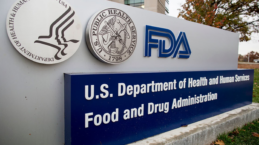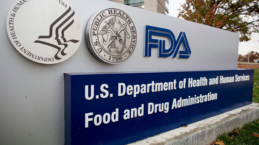

insights
The Launch of the BGTC
On Wednesday, October 27, 2021, the NIH announced that they will be partnering with the FDA and 15 private organizations to increase the effectiveness of gene therapies for rare diseases. The 15 private organizations include 5 non-profit organizations and 10 pharmaceutical companies. The newly launched Bespoke Gene Therapy Consortium (BGTC) which is part of the NIH Accelerating Medicines Partnership (AMP) program aims to develop platforms and standards that will speed the development and delivery of customized “bespoke” gene therapies that could treat the millions of people affected by rare diseases. BGTC aims to develop a “standardized” pathway for developers to follow, which include assessing the basic biology of AVV, simplifying the path of translation from animal model studies to human clinical trials, developing a standard set of analytic tests to apply to the manufacture of viral vectors and streamline the regulatory requirements surrounding the preclinical studies (e.g., toxicology safety studies).
Gene therapy development is complex due to the many factors that would influence the contents of a data safety package to support human clinical trials and thus every developer generates their own “bespoke” package which likely leads to additional time and money spent. I believe the cell and gene therapy industry is already very collaborative in sharing information to enable the delivery of safe gene therapies to patients in need, however, the BGTC may bring us closer by potentially harmonizing the preclinical, quality, and manufacturing practices and regulatory requirements that are needed to allow the industry to be more efficient in getting these therapies to patients. We all share the common goal to impact human health, and the BGTC outcomes hopefully will allow us to meet our goal more efficiently.
Want to learn more? Contact our Halloran team of experts.




